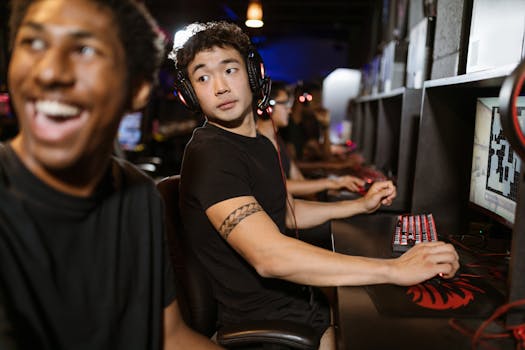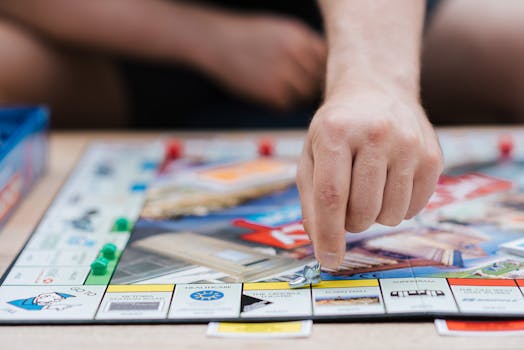The Impact of Screen Time on Gaming Performance and How to Manage It
The relationship between screen time and gaming performance is a topic of significant interest to both casual and competitive gamers. As digital games continue to grow in popularity, understanding how prolonged screen exposure can affect performance, and learning how to manage it, is crucial for anyone looking to improve their gaming skills.
Understanding the Effects of Screen Time on Gaming
Screen time, or the amount of time spent looking at a digital display, can have both positive and negative effects on gaming performance. On the one hand, more screen time can lead to better familiarity with game mechanics and improved skills. On the other hand, excessive screen exposure can cause eye strain, mental fatigue, and decreased performance.
Balancing Screen Time: Strategies and Solutions
- Scheduled Breaks
- Advantages: Taking regular breaks can prevent eye strain and mental fatigue, helping maintain high performance throughout gaming sessions.
- Disadvantages: Breaking up gameplay can disrupt the player's rhythm and flow, potentially impacting performance negatively.
- Examples: Many professional gamers use the 20-20-20 rule, where every 20 minutes, they look at something 20 feet away for 20 seconds.
- Adjusting Screen Settings
- Advantages: Optimizing brightness and contrast can reduce eye strain. Using blue light filters can also help minimize the risk of sleep disturbances.
- Disadvantages: Some gamers might feel that these adjustments affect the visual quality and responsiveness of the game.
- Examples: Tools like f.lux adjust your screen's color temperature according to the time of day, reducing blue light during night-time gaming sessions.
- Physical Exercise and Diet
- Advantages: Regular physical activity and a healthy diet can improve overall physical and mental health, enhancing gaming performance.
- Disadvantages: Requires time and effort, which might take away from gaming.
- Examples: Professional eSports teams often have training routines that include physical exercises to counteract the sedentary nature of gaming.
Comparing Approaches
Each approach to managing screen time has its benefits and drawbacks. Scheduled breaks are simple and effective but can interrupt gameplay. Adjusting screen settings is an easy tweak that can make a big difference but might alter game aesthetics. Incorporating physical exercise and a proper diet requires more effort but provides significant long-term benefits.
Conclusion
Managing screen time is essential for optimizing gaming performance. While each method has its pros and cons, a combination of scheduled breaks, adjusted screen settings, and a healthy lifestyle seems to be the most effective strategy. Gamers should experiment to find what works best for them and consider professional advice for optimal results. Remember, the goal is to enjoy gaming without compromising health and performance.
For more tips on managing screen time for optimal gaming performance, visit [reliable online source URL].

.png)





